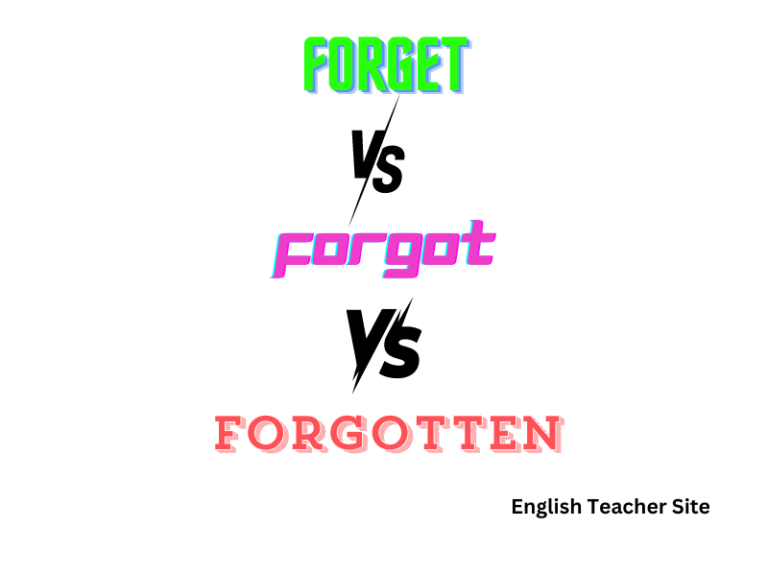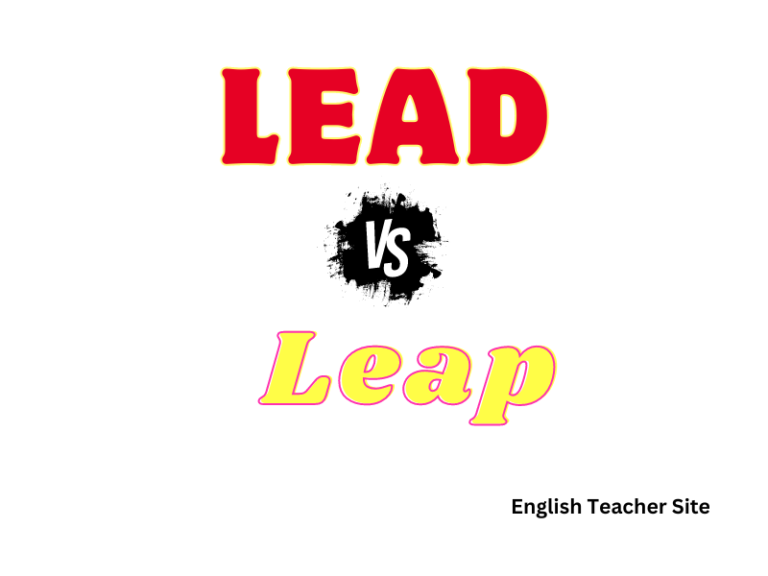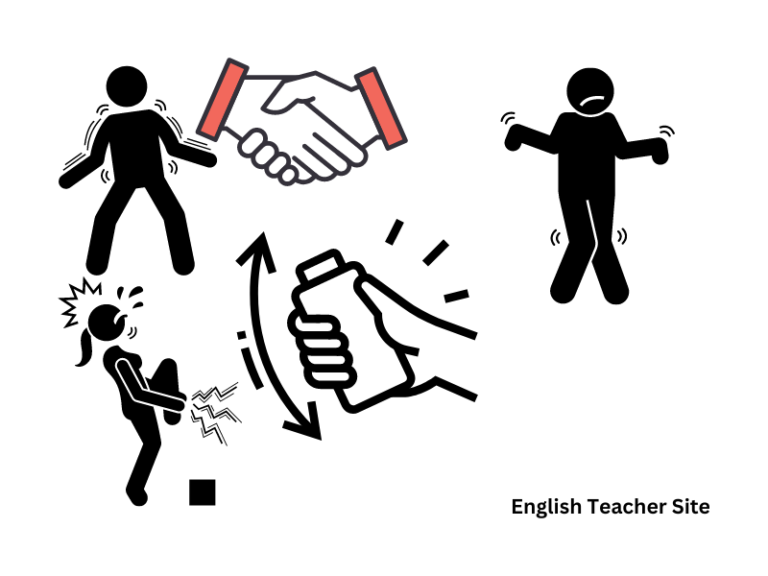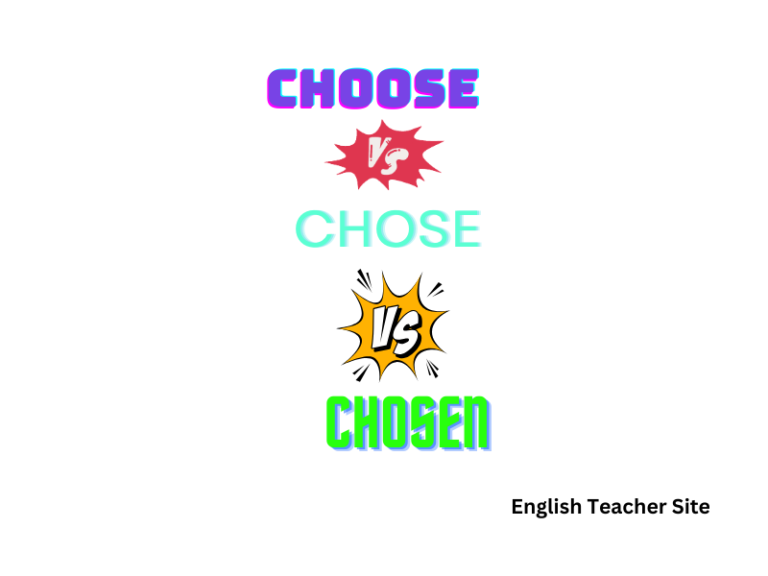Blew or Blown: Understanding the Correct Past Tense of Blow
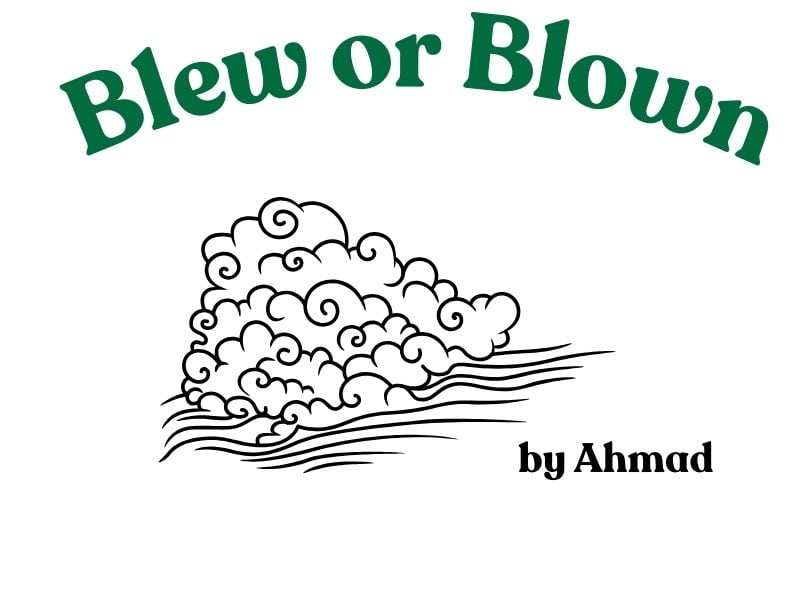
The verb “blow” operates within regular past tense constructions, requiring the speaker to decide between the words “blew” and “blown.” This choice hinges on the grammatical context—whether the past tense is being used as a simple past or a past participle.
Blew is the simple past tense form of “blow,” and it is used to describe an action that occurred and was completed in the past. For instance, “He blew the candles out last night.”
Blown is the past participle form, often used in perfect tenses, and requires the helping verb “has,” “have,” or “had.” An example would be, “She has blown up the balloon.”
- Blew is the simple past tense of ‘to blow.’
- Blown is the past participle, used in perfect tenses.
- English verbs can be irregular, needing memorization.
Exploring ‘Blow’ and Its Forms
The English verb “to blow” showcases its complexity through its varying forms. Understanding its correct usage requires a grasp of its simple past tense—”blew”—and its past participle—”blown.”
Simple Past Tense of ‘Blow’
To discuss an action that happened once in the past and has finished, one uses blew, which is the simple past tense of “blow.” Here are examples demonstrating its use:
- Yesterday, she blew the candles out on her birthday cake.
- The wind blew fiercely last night.
| Simple Past Tense | Example |
|---|---|
| Blew | She blew the whistle. |
Past Participle of ‘Blow’
The form “blown” is the past participle of “blow,” used with auxiliary verbs ‘have’ or ‘had.’ This form is essential for creating the present perfect and past perfect tenses. Below are examples highlighting its use:
- They have blown up the balloons for the party.
- After the argument, he had blown off steam by going for a run.
| Past Participle | Example |
|---|---|
| Blown | They have blown up the balloons. |
Distinction Between ‘Blew’ and ‘Blown’
It is crucial to distinguish between “blew” and “blown” to use them appropriately.
- Blew is solely for the simple past, making it clear that an action is completed.
- Blown works with an auxiliary verb and can describe an action that might have relevance to the present or the past.
Remember:
- Use blew without auxiliary verbs.
- Use blown with ‘have,’ ‘has,’ or ‘had.’
| Function | Form | Example Sentence |
|---|---|---|
| Simple Past | Blew | The referee blew the whistle. |
| Past Participle | Blown | The glass has been blown. |
Using blew and blown correctly will ensure that one conveys time and action with precision.
Practical Examples and Usage
In mastering the past tenses of the verb “blow,” knowing when to use “blew” and “blown” is crucial. “Blew” is the simple past tense, while “blown” is the past participle form, often used with auxiliary verbs to form perfect tenses.
Usage in Sentences
When using “blow” in the past tense, it’s essential to choose the correct form to ensure the sentence structure is grammatically sound. Here are some examples to illustrate the proper usage:
- Simple Past Tense:
- Yesterday, he blew the whistle to start the game.
- Past Participle Tense:
- She has blown everyone away with her stunning performance.
| Tense | Example Sentence |
|---|---|
| Simple Past | The child blew bubbles in the park. |
| Past Participle | The balloons have blown away in the wind. |
Common Misconceptions
Misunderstandings often arise regarding the use of “blew” and “blown.” Consistency with tense rules and checking with a reputable dictionary like Merriam-Webster can prevent these errors.
- Incorrect: He has blew his chance.
- Correct: He has blown his chance.
To further clarify:
- “Blew” should not be used with auxiliary verbs like “has” or “have.”
- “Blown” is incorrect if used without an auxiliary verb in a sentence requiring the simple past tense.
| Incorrect Usage | Correct Usage |
|---|---|
| I blew perfect. | I had blown perfect. (with auxiliary verb) |
| It has blew over. | It has blown over. |
Using bullet points, here are the systematic checks one can do:
- Ensure that “blew” is used for actions completed in the past.
- Confirm “blown” is accompanied by the correct auxiliary verb.
- Use “blown” for actions that have an impact on the present.
Additional Topics Related to ‘Blow’
In exploring the intricacies of the verb “blow,” it is important to understand its various uses beyond the simple past tense “blew” and past participle “blown.” The verb can be incorporated into phrasal verbs and idiomatic expressions, each carrying its unique meaning and grammatical rules.
Phrasal Verbs with ‘Blow’
Phrasal verbs enhance the meaning of the base verb “blow” by adding prepositions or adverbs. For clear understanding, here are some examples presented in a table, alongside their meanings:
| Phrasal Verb | Meaning |
|---|---|
| blow away | Impress significantly |
| blow up | Inflate or explode |
| blow out | Extinguish by blowing |
| blow over | Pass and be forgotten |
| blow off steam | Release pent-up energy or stress |
- Blow up can also mean to lose one’s temper.
- Blow out has another usage in the context of a tire or a flame being extinguished.
Colloquialisms and Idiomatic Expressions
English is replete with idiomatic expressions that utilize “blow” in various forms. Here is a list indicating some of these expressions:
- Blow your mind: To be astonished or amazed.
- Blow hot and cold: To be indecisive.
- Blow your own trumpet: To brag about oneself.
- Blow the whistle on: To expose wrongdoing.
- Blow off steam: To relieve stress.
Each expression adheres to specific grammar rules and usages that might differ from the verb’s standard conjugation.
Conclusion
In English language, the verb ‘to blow’ has two different forms in the past: the past tense ‘blew’ and the past participle ‘blown.’ Understanding when to use each form is essential for proper grammar. ‘Blew’ is used when referring to a single, completed action in the past, while ‘blown’ is a component of the perfect tenses, used in contexts where the action has relevance to the present or is ongoing.
Sources:
Merriam-Webster
Etymology online, origin of blow.
My name is Khamis Maiouf. I am the creator of the English Teacher Site, dedicated to providing valuable resources and insights for students around the world. With a passion for education and a commitment to helping students enhance their skills, I aim to make English teaching more effective and enjoyable for both educators and students.


